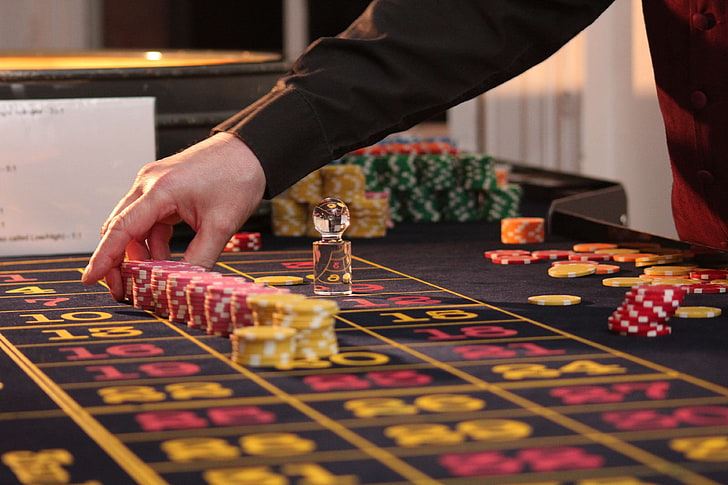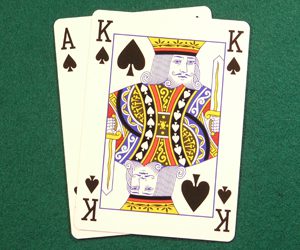Private Gambling

- Hold ’Em or Fold ’Em: Policing Texas Poker Rooms for ProfitA blog post from the State Bar of Texas discussing how the recent police raids of poker clubs in Harris County may pave the way for other local governments to try and shut down gambling clubs.
- Texas’ Membership-only Card Clubs Circumvent Gambling LawsA 2019 article from Reporting Texas discussing how private poker clubs continue to operate despite the state's gambling laws.
- Texas AG declines opinion on legality of poker clubs: The clubs claim they're operating under a loophole in state law. Ken Paxton left it to the courts to decideA 2018 article from a local Houston news station discussing the Texas Attorney General's decision not to issue an opinion on the legality of poker rooms.
- Are poker clubs legal in Texas? The answer is unclearA 2019 article from the Houston Chronicle discussing how poker clubs are seeming to operate in Texas due to a gray area of the law and recent attempts by Harris County to bring criminal charges against them. May require a subscription.
- North Texas poker clubs gambling that state law, police won't make them foldA 2017 article from the Dallas News discussing the gray area in state law and how enforcement varies depending on the interpretation of local law enforcement across Texas. May require a subscription.
Truly private gambling usually isn't illegal. Check your local laws, but no one really cares about poker night with the guys. A Under California Penal Code Section 337a, gambling can be treated as a felony or a misdemeanor. Penal Code Section 336.9, however, provides a more modest punishment for an office pool, namely an. If the offender previously has been convicted of a gambling offense, operating a gambling house is a felony of the fifth degree. (C) Premises used or occupied in violation of this section constitute a nuisance subject to abatement pursuant to sections 3767.01 to 3767.99 of the Revised Code.

Texas is one of the strictest states when it comes to gambling and its laws can cover a wide variety of activities. Under Texas law, (Penal Code §47.02) gambling is considered a criminal offense if someone:
- makes a bet on the partial or final result of a game or contest or on the performance of a participant in a game or contest
- makes a bet on the result of any political nomination, appointment, or election or on the degree of success of any nominee, appointee, or candidate; or
- plays and bets for money or other thing of value at any game played with cards, dice, balls, or any other gambling device.

The law does provide for some exceptions such as participating in the state lotteryor placing bets on horse and greyhound dog races (sometimes referred to as pari-mutuel wagering). The law also provides for some affirmative defenses to prosecution:
- the actor engaged in gambling in a private place;
- no person received any economic benefit other than personal winnings; and
- except for the advantage of skill or luck, the risks of losing and the chances of winning were the same for all participants
Additional exceptions include if the person reasonably believed their conduct:
Private Gambling In Texas

Private Gambling Counselling
- was permitted under Chapter 2001, Occupations Code; (Charitable Bingo)
- was permitted under Chapter 2002, Occupations Code; (Charitable Raffles)
- was permitted under Chapter 2004, Occupations Code; (Sports Charity Raffles)
Private Gambling Laws Uk
The first page of this guide will provide you with an overview of the Texas laws on gambling while the subsequent pages will discuss more specific topics like bingo, eight-liners and poker.